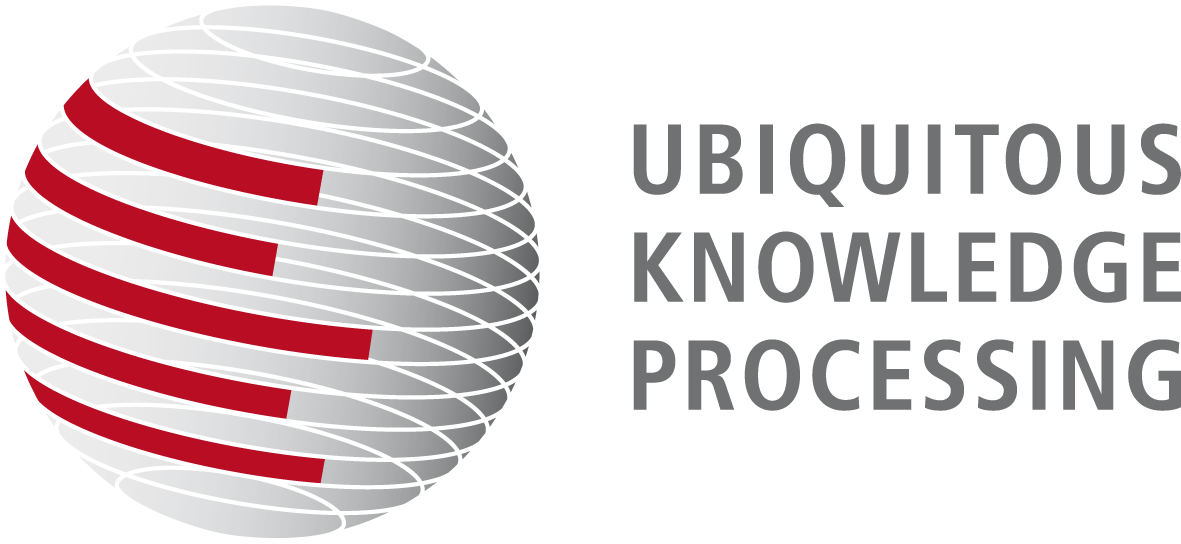LKE/KDSL Research Seminar
2014/03/31

On April 8th, 2014, the LKE/KDSL Research Seminar will host the following talks:
Lisa Beinborn:
Difficulty Prediction for C-Tests
Abstract: Language proficiency tests are used to evaluate and compare the progress of language learners. In this talk, I present an approach for the automatic difficulty prediction of one particular language proficiency test – the C-test. Many of you have probably already completed a C-test when applying for a course at the Sprachenzentum. Here is an example:
The roots of humanity can be traced back to millions of years ago. T____ primary evid____ comes fr____ fossils – skulls, skel____ and bo____ fragments. Scien____ have ma____ tools th____ allow th____ to ext____ subtle____ infor____ from anc____ bones a____ their enviro____ settings. Mod____ forensic wo____ in t____ field a____ in____ labora____ can n____ provide a rich understanding of____ how our ancestors lived.
Initially, we assumed that the trigram probability of the gap with its left and right neighbours would already be a good indicator for the difficulty. However, it turned out that the difficulty is determined by a complex combination of many factors. On the basis of a detailed analysis of newly collected data, we developed a model for C-test difficulty introducing four dimensions: solution difficulty, candidate ambiguity, inter-gap dependency, and paragraph difficulty. Our prediction approach based on this model performs on par with human experts.
Eugen Ruppert:
JoBimText Web Demo: API and Visualization of a Proto-Ontology
Abstract : It this talk we present an interactive visualization component for the JoBimText project, an open source framework for large-scale distributional semantics based on graph representations. JoBimText computes a lexical model from raw texts without assuming a structured knowledge base. We call this JoBimText model a proto-ontology that consists of word senses, taxonomic relations, similar terms and their properties. The model can be accessed through a graphical web interface and also via a RESTful interface that offers JSON, TSV, XML and RDF support.
We give a short overview on JoBimText and describe the model creation, especially our sense clustering and ISA-labeling approaches. Afterwards we present some possible applications of the demo and the API using the interactive component and conclude with current research and plans for extending the visualization component.


